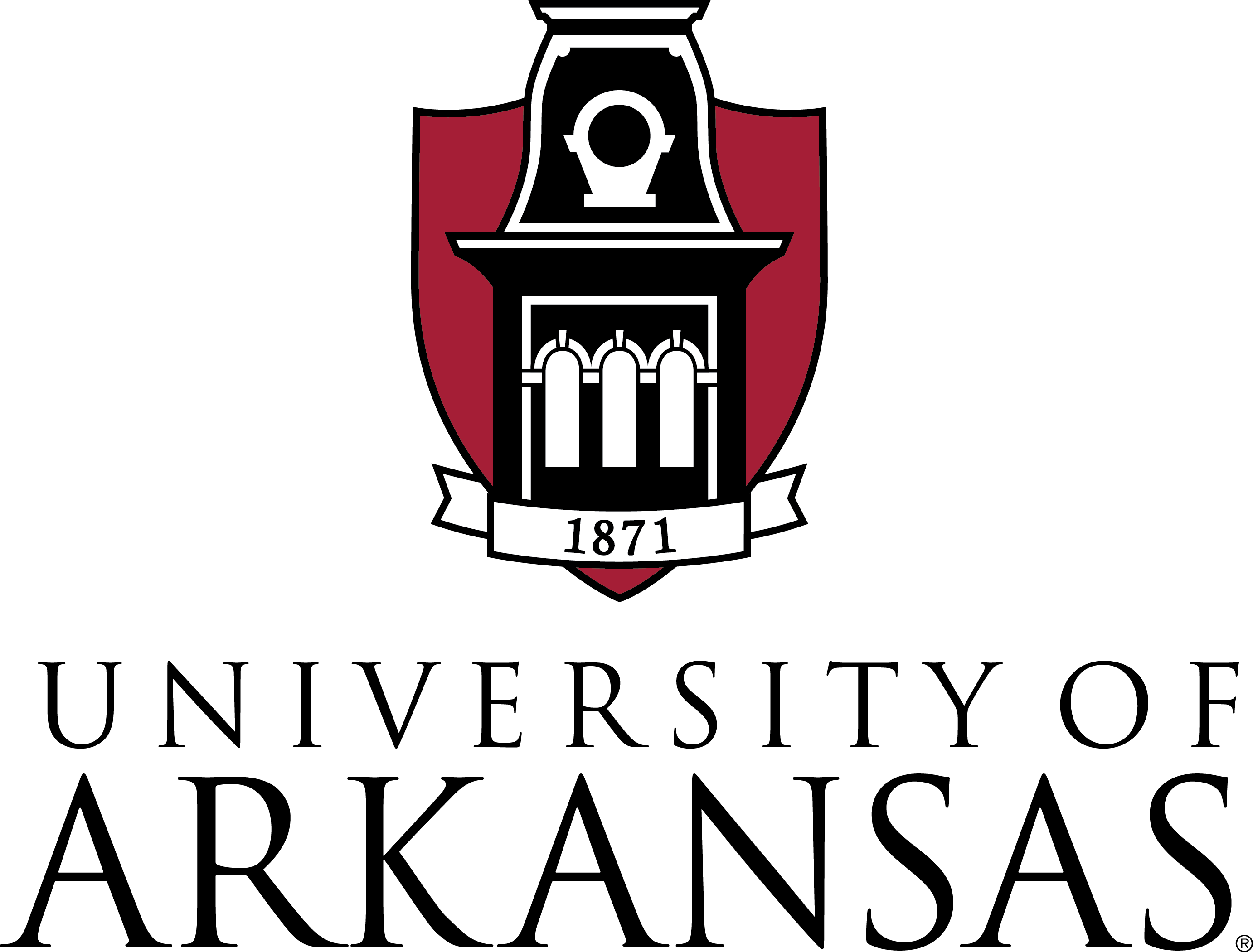Document Type
Article
Publication Date
Summer 2013
Abstract
This report presents a case study of school library programs in two rural counties in Western China. Since 2002, the libraries of Tianzhu and Tongwei high schools have undertaken a series of outreach initiatives to improve local residents’ access to information and to address their cultural and educational needs. Over the past decade, both school libraries have played a leading role in improving the quality of life and enhancing the information literacy of local residents. Tianzhu No. 1 High School Library 天祝一中图书馆—which serves a large Tibetan and other minority populations—has gained a reputation for its oral history of local culture program. This program trains students to conduct interviews with folk artists and scholars and then post their audiovisual recordings on websites. Tongwei No. 1 High School Library 通渭一中图书馆 is known for providing health care information through both in-person workshops and online. Recently, it implemented a tutoring service aimed at teaching residents to use online resources. These programs have been successful and sustainable in part because of the sponsorship and funding of the U.S.-based Evergreen Education Foundation (EEF) 美国青树教育基 金会. This report analyzes the results of these major initiatives, both of which do a great deal to reach out to rural residents, particularly farmers and the elderly.
Citation
Zhipeng, W., Guodong, J., Tuowen, N., Zou, T., & Dong, E. (2013). A Tale of Two Counties: How Two School Libraries in Rural Western China Serve Local Needs. University Libraries Faculty Publications and Presentations. Retrieved from https://scholarworks.uark.edu/libpub/16



Comments
LIBRARY TRENDS, Vol. 62, No. 1, 2013 (“Community Informatics in China,” edited by Kate Williams), pp. 205–233. © 2013 The Board of Trustees, University of Illinois
http://muse.jhu.edu/article/524322/pdf